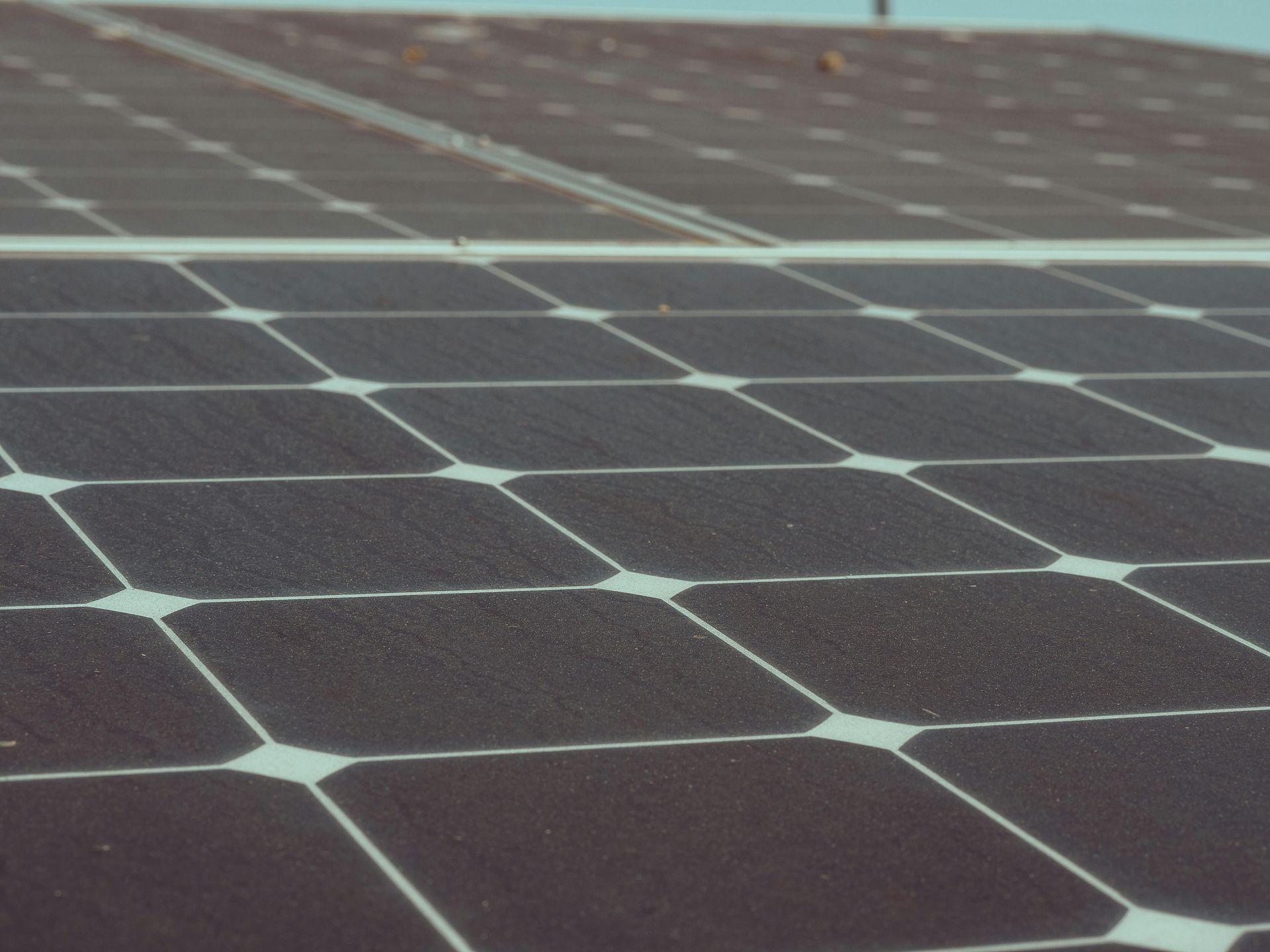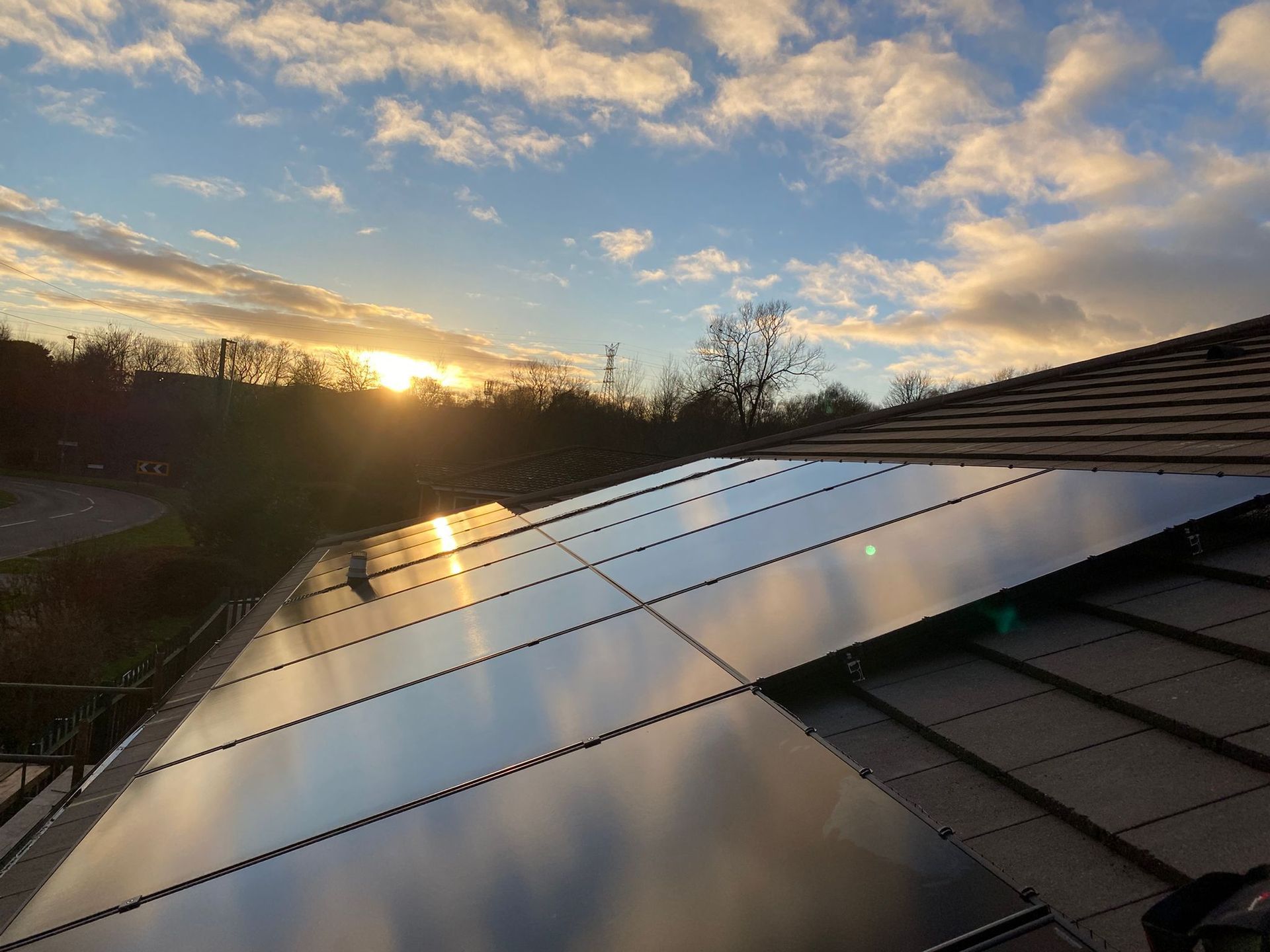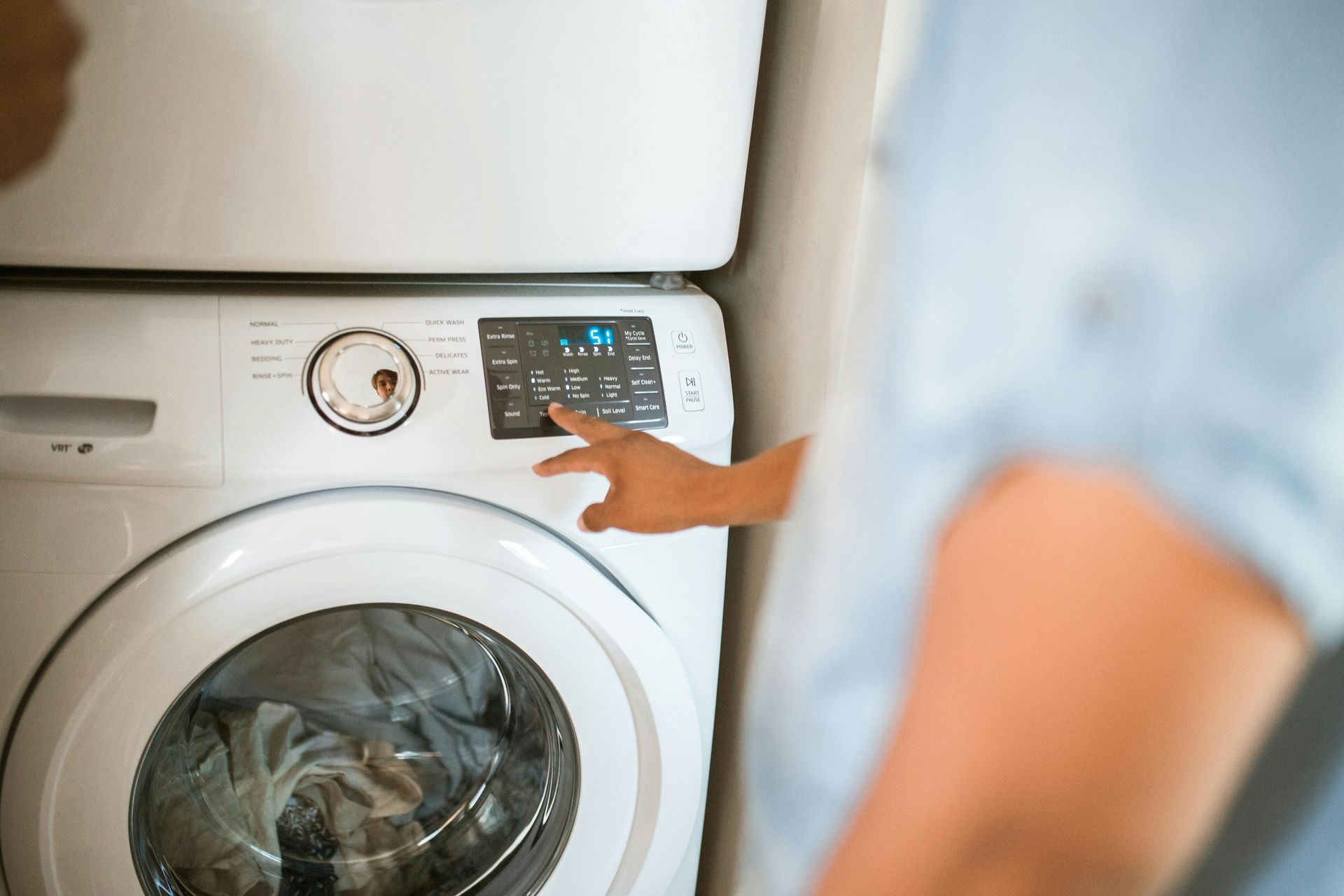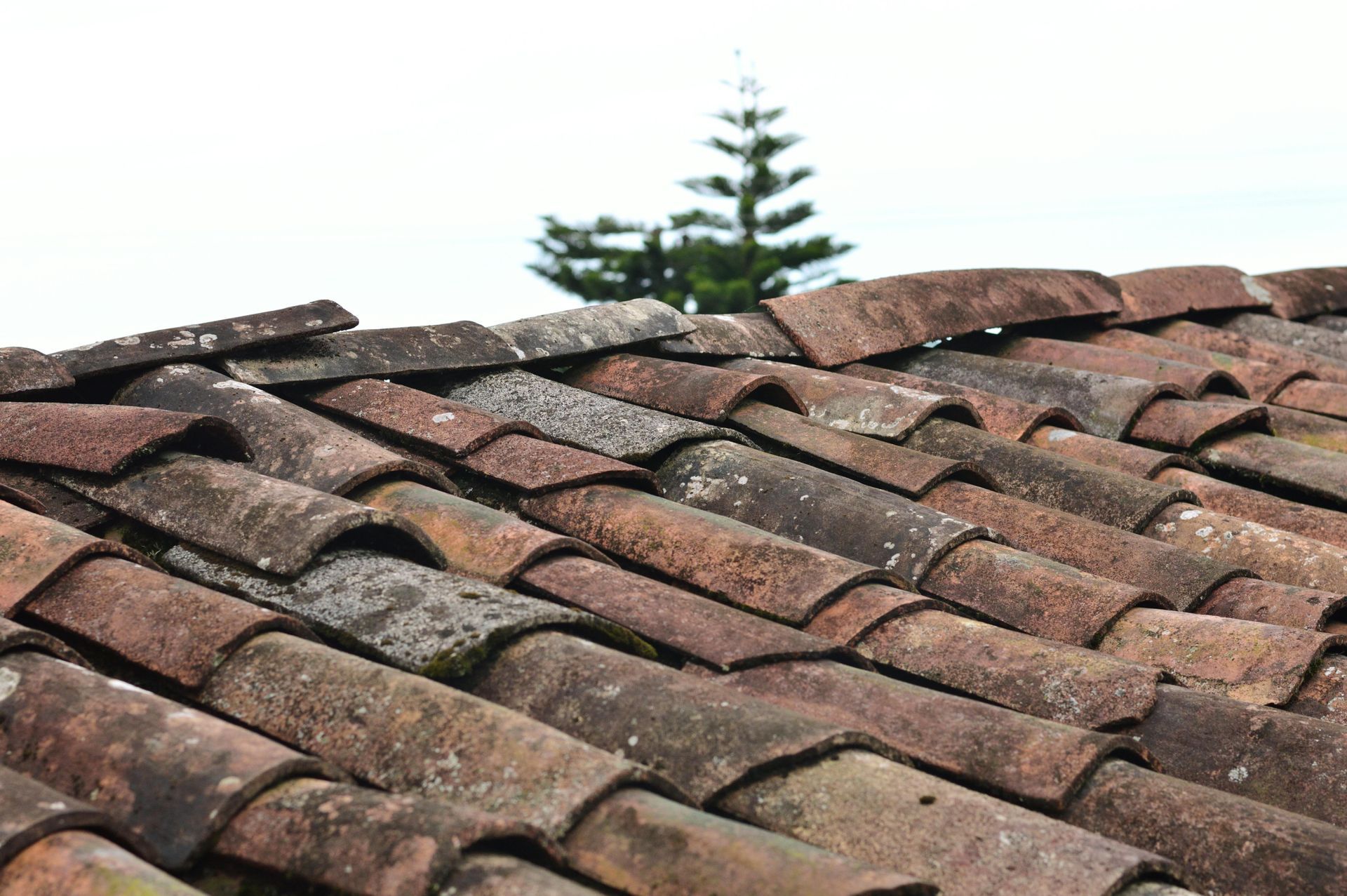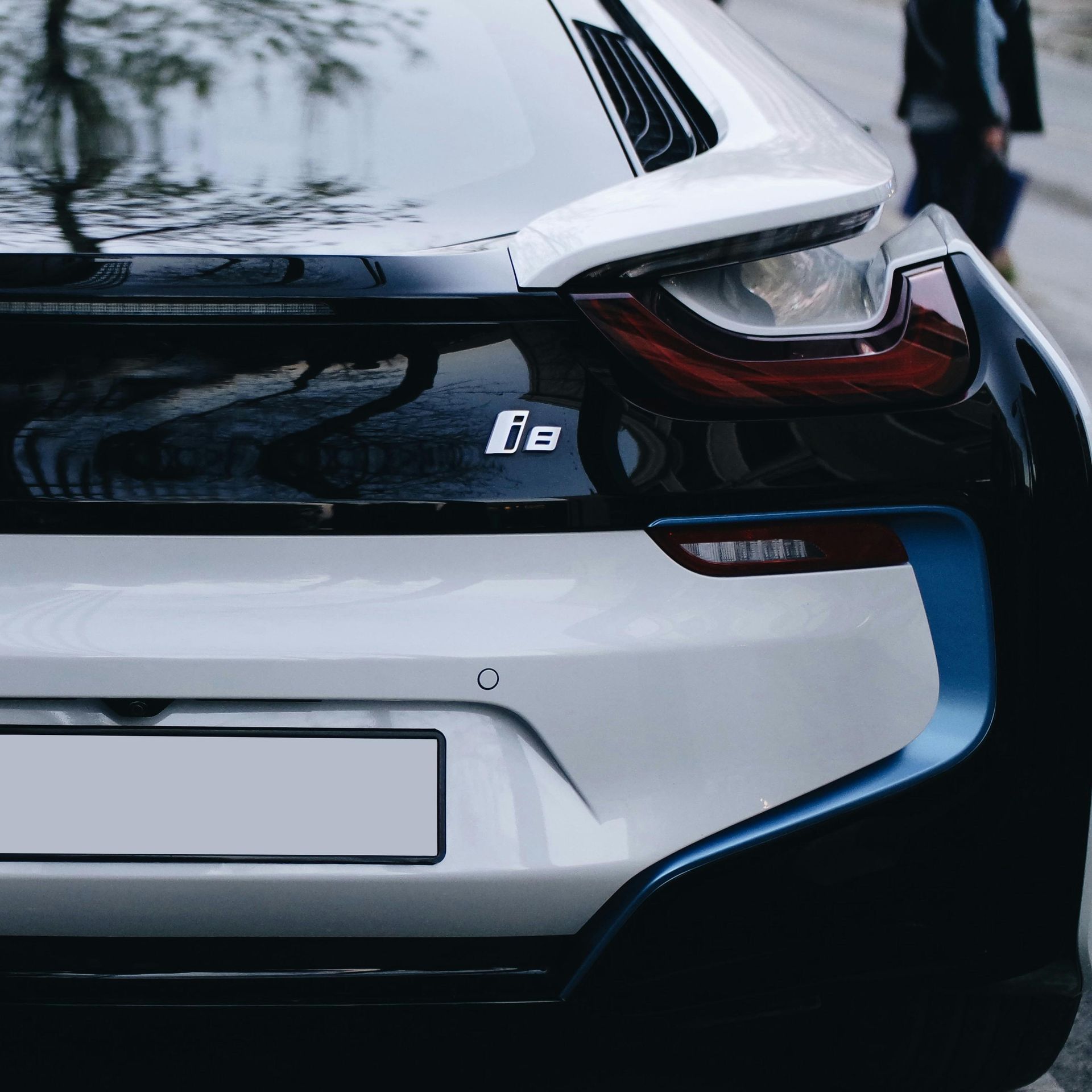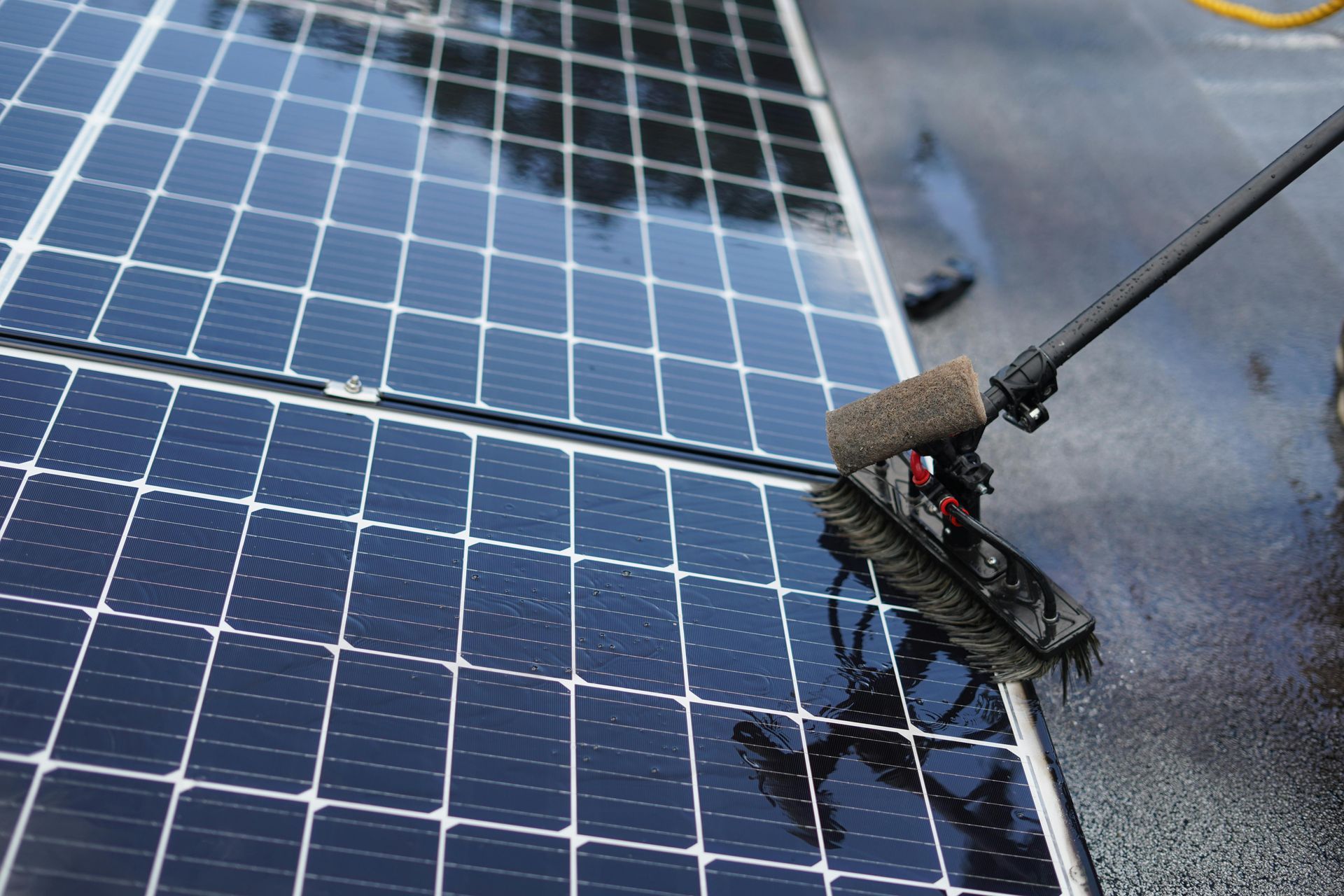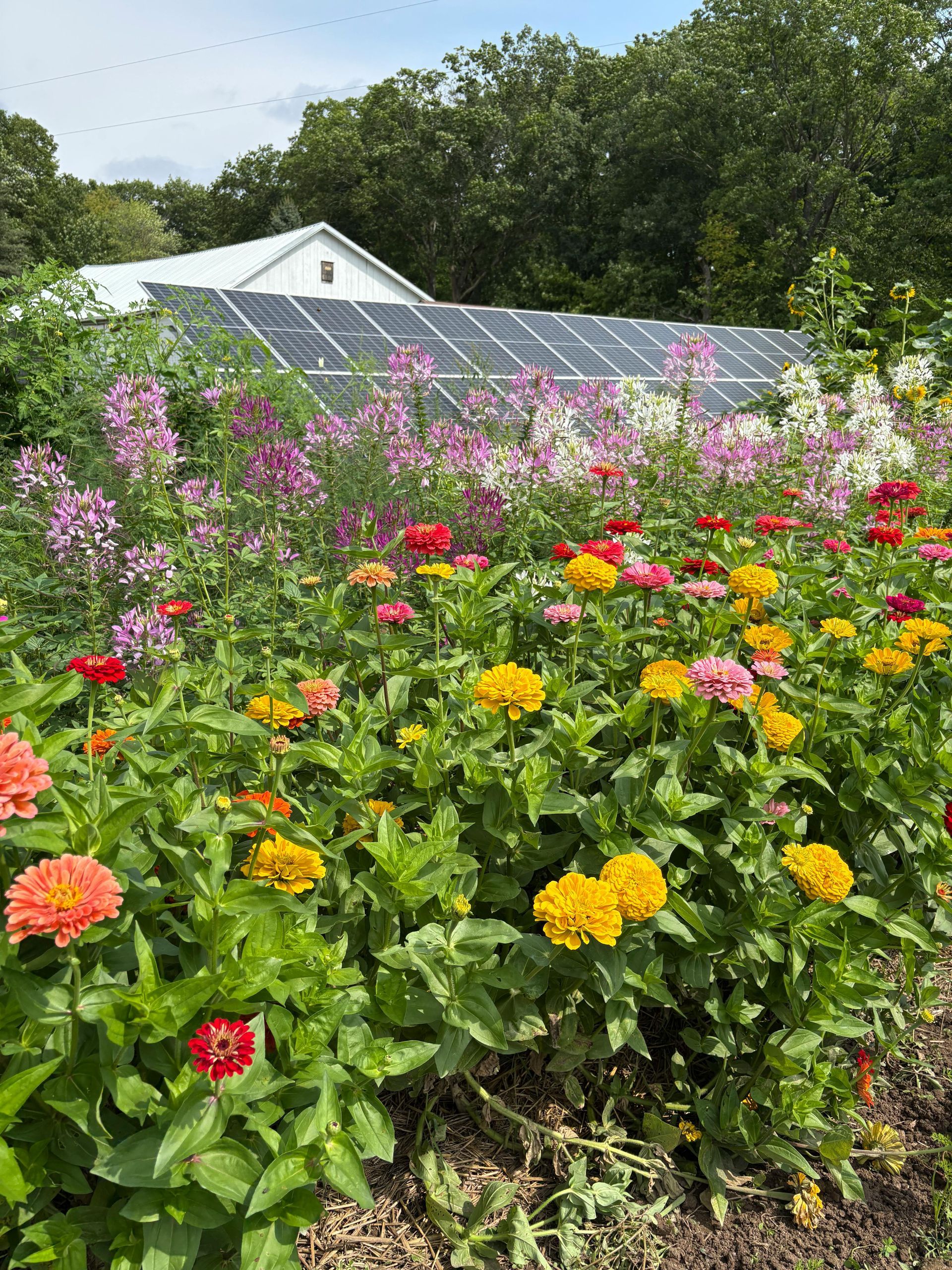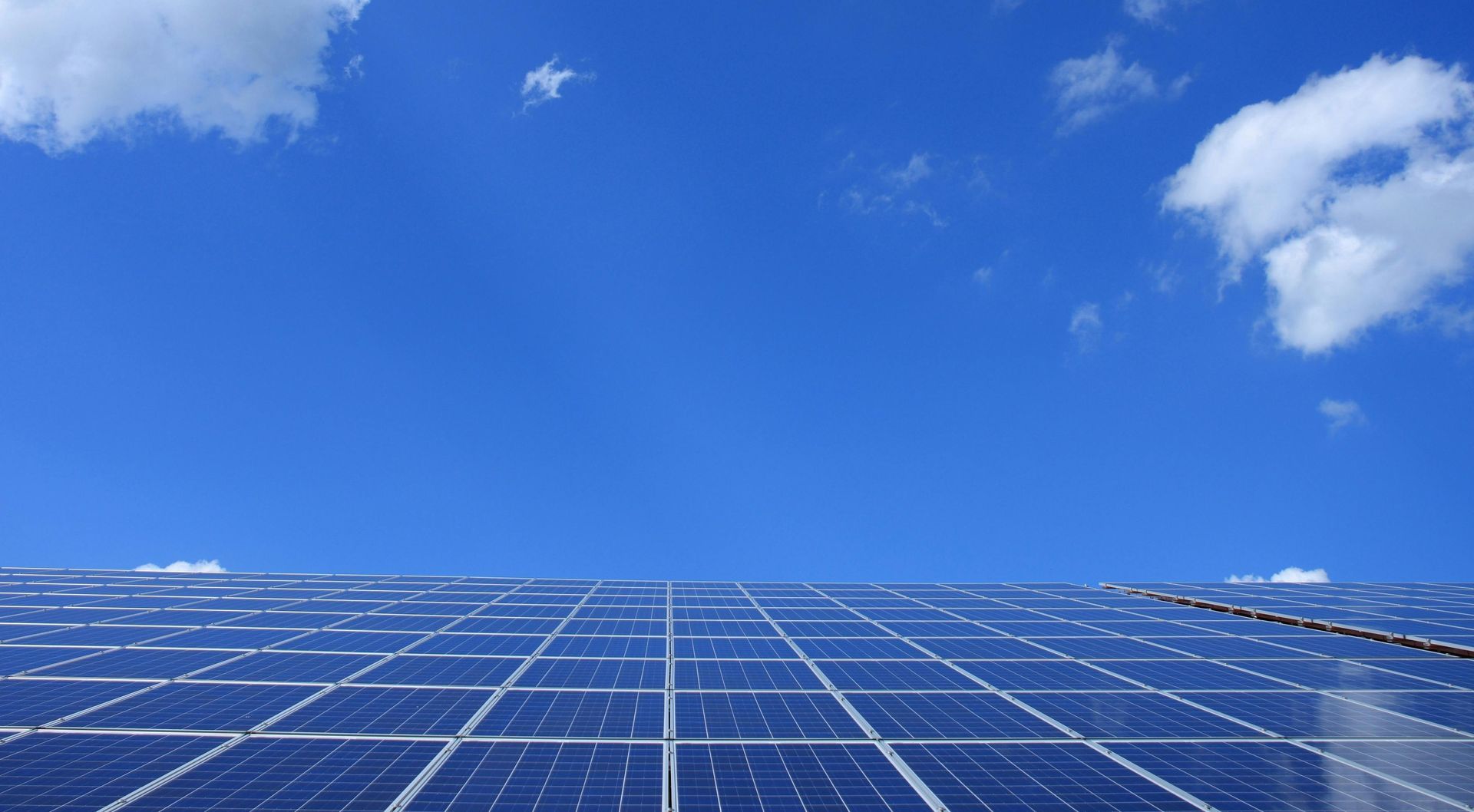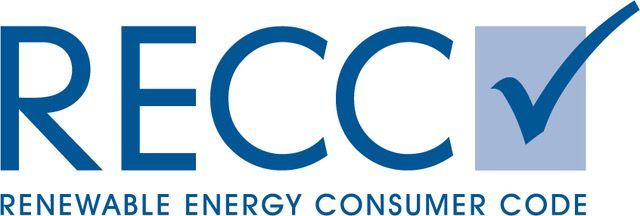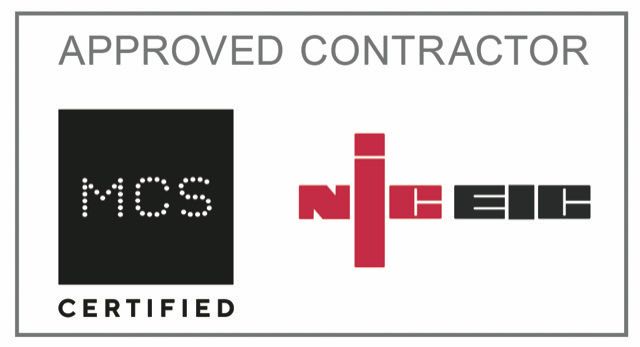What Is the Best Angle and Direction for Solar Panel Installation?
Is There A Particular Way To Install Solar Panels?
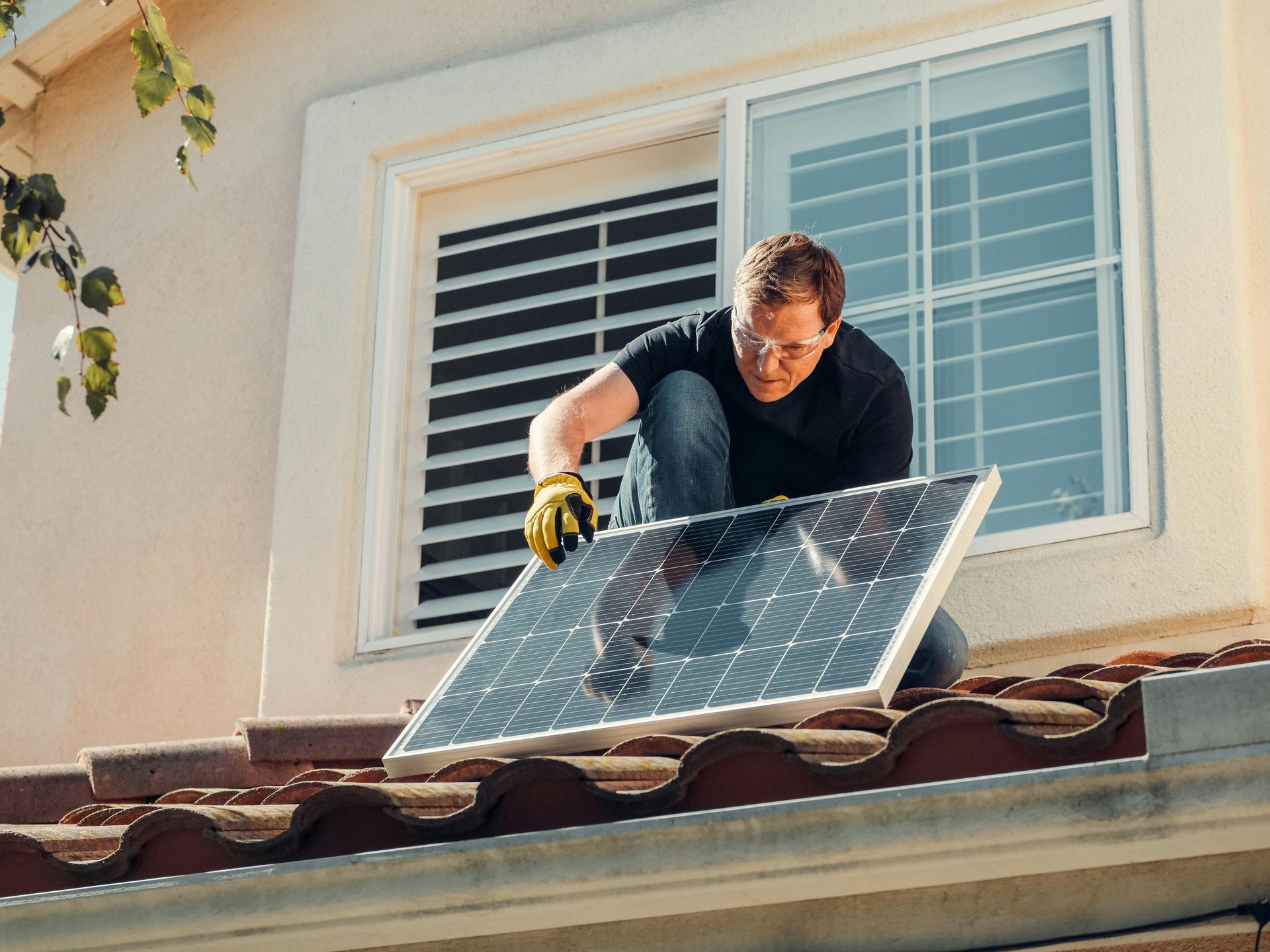
Harnessing solar energy is one of the most effective ways to reduce energy bills and lower your carbon footprint. However, the efficiency of solar panels depends greatly on how they are installed. In particular the angle and direction have the greatest impact on the efficiency of solar panels. Getting these factors right ensures you generate the maximum possible energy from the sun which in turn gives the best return on energy generated. So, what is the best angle and direction for solar panel installation?
Best Direction for Solar Panels
Here in the UK, we are in the Northern Hemisphere where the optimal direction for solar panels is facing south (this is why south facing gardens are most desirable when it comes to buying a house). Facing south allows panels to capture the most sunlight throughout the day. If you live in Australia, for example, you would be in the Southern Hemisphere and we'd be recommending that the panels should face north.
East or west facing panels can still work, but they’re generally less efficient—by about 10-20%—compared to south-facing ones. East facing panels are better for capturing the morning sun (the sun rises in the east), while west facing panels are ideal for late afternoon production (the sun sets in the west), which can be beneficial in areas with high electricity demand in the evening.
Best Angle for Solar Panels
The angle, or tilt, of your solar panels affects how directly the sunlight hits the surface. Ideally, panels should be perpendicular to the sun’s rays for maximum exposure. A good rule of thumb is to set the tilt angle equal to your latitude. For instance, if you live at 35° latitude, a tilt of 35° is a solid starting point. This method balances solar exposure throughout the year.
However, optimal angles can vary slightly depending on seasonal priorities:
- Winter: Steeper angles (latitude +15°) help capture low-angled winter sunlight.
- Summer: Shallower angles (latitude −15°) are better for high summer sun.
- Fixed panels vs. adjustable: If you have a fixed panel system (which most rooftop systems are), the latitude-based angle is best.
But if you have adjustable mounts, you can manually shift the angle a few times a year for improved seasonal performance. That's the technical bit though and most importantly, you don't have to worry about this - that's what we're here for!
Roof Considerations
For rooftop solar panel installations, the angle of your roof often dictates the panel tilt. Most residential roofs have a pitch between 15° and 40°, which generally works well. If your roof faces east or west, additional mounting equipment can tilt the panels toward the optimal direction, though it may increase costs.
Ground-mounted systems offer more flexibility, allowing perfect alignment for direction and tilt, though they require more space and budget.
Overall, while the ideal direction is true south and the best tilt angle is roughly equal to your latitude, there’s no one size fits all answer. Factors like your local climate, shade, roof design, surrounding areas like trees and other buildings and what your energy goals are also play a role. We will assess all of these factors and more to determine the most effective setup for your home.
Optimising the angle and direction of your solar panels is key to maximising the return on investment. With proper planning, your solar energy system can efficiently power your home not just now but in the future too. However, while it's interesting to know and understand how and why we do what we do, you don't have to worry about angles, latitudes and where the sun is rising or setting. Our expertise and experience means that our comprehensive solar panel installation service incorporates all of this without you even realising! Talk to us about your solar energy questions, installation of solar panels and everything to do with green energy for the home.

